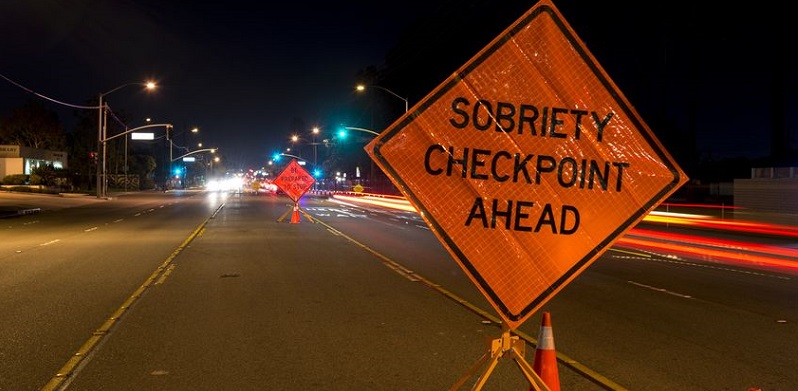Your ability to make important decisions and your skills used in driving are already diminished long before you show the outward signs of being intoxicated, putting you at an unnecessary risk of causing an auto accident.
Use Strategies to Avoid Colorado Car Accidents During Festivities
None of us hopes to spend the winter holidays risking the lives of family, friends, and strangers, nor facing arrest, jail, and heavy fines. Yet every November and December, thousands of us do just that, by drinking too much and deciding to drive home.
How you spend these special times is up to you. But the Thanksgiving dinners served in jail cafeterias don’t compare to Mom’s, the cells don’t get decorated for Christmas, and on the stroke of midnight, Dec. 31, the inmates there are either counting down the years until their release, or making New Year’s resolutions about going straight and never committing a crime again.
You can have a better holiday by planning to spend it safely. Take steps to ensure you don’t get behind the wheel after drinking.
Know the Facts about Alcohol’s Effects
You can arm yourself against a drinking disaster by knowing how alcohol affects drinkers and seeing through common myths surrounding it, according to the National Institute on Alcohol Abuse and Alcoholism, a branch of the National Institutes of Health.
Alcohol begins affecting you even before you realize it, NIAAA says. Your ability to make important decisions and your skills used in driving are already diminished long before you show the outward signs of being intoxicated, putting you at an unnecessary risk of causing an auto accident.
Stages of Alcohol Intoxication
At first, alcohol can act as a stimulant and cause feelings of excitement, but it soon starts to decrease inhibitions and judgment, which can lead to some bad decisions.
As you continue drinking, your reaction times slow. You become less capable of controlling your behavior, and some people may become aggressive or even violent.
Drink more, and your sober friends will start noticing the classic symptoms associated with drunks: slurred speech and problems balancing.
After another drink or two, alcohol begins to act as a depressant, making some people get sleepy or even pass out. In some cases, drinkers will “black out”, and not be able to remember what happened when they were drunk.
Keep drinking and alcohol can suppress your bodily functions, such as breathing, and threaten your life.
True or False: I’m Sober Enough to Drive
A commonly held myth is that you’re safe to drive as long as you’re not showing outward signs of drunkenness like slurring your words.
In fact, when drinking, your coordination and reaction time are already compromised long before you start looking or seeming drunk. Additionally, alcohol’s sedative effects can increase your risk of falling asleep or becoming distracted while driving.
Here are some other common misconceptions about truths about alcohol and driving:
Misconception: A cup of coffee will sober you up and make it OK to drive.
The Truth: The caffeine in coffee can help intoxicated people keep from nodding off, but it does nothing to lessen alcohol’s effects on decision-making and coordination. Your body will need time to break down the alcohol for your good senses and reflexes to return.
Misconception: Alcohol warms drinkers and makes them more resistant to cold weather.
The Truth: Alcohol makes you feel warm but actually decreases your body’s internal temperature. Alcohol can give you a warm feeling, make your skin flush, and even make you sweat by causing the tiny blood vessels under your skin to open widely. It can also depress the part of your brain that regulates your body temperature.
Misconception: If I wait a little while after drinking, I’ll be Ok to drive.
The Truth: It’s hard to judge how long drinking’s effects will last. Even after you stop drinking, alcohol in your stomach and gut is still being absorbed into your bloodstream, continuing its intoxicating effects.
Avoid Driving Under the Influence
Plan Ahead: Being forewarned should give you the presence of mind to avoid the steps that can lead to intoxicated driving.
If you plan to drink with friends, decide on a designated driver who will not drink any alcohol, before entering a party or bar.
If you’re on your own, or if everyone wants to drink, decide ahead of time to use a taxi or ride-sharing service to get home. Leave your car at home and use the paid lift to take to and from your event.
Invest in a portable breathalyzer. If there’s a chance you’re going to give in, have a couple of drinks, wait and drive home, why not get an accurate tool and avoid trying to figure out that you’re drunk. A couple of breaths into one of the devices will you tell you exactly how drunk you are. The test is similar to the ones administered by police across the country. It’s common sense to test yourself before driving, rather than making a mistake and having a patrolman do it for you. The devices, which can cost between $100 and $150, work with your smartphone and are strongly endorsed by the Colorado Department of Transportation, which partners with a manufacturer to offer discounts to Colorado drivers.

